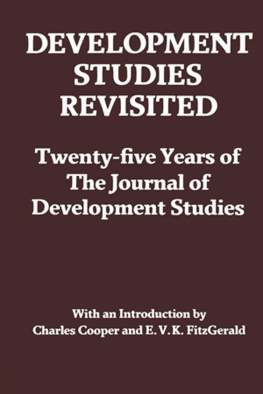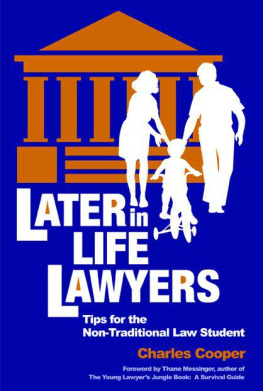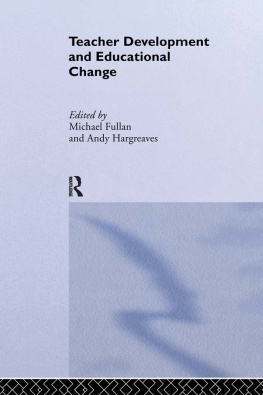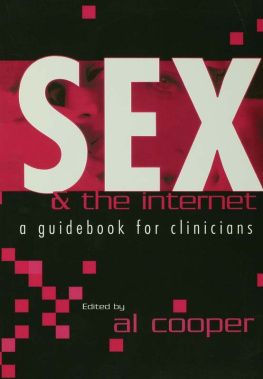DEVELOPMENT STUDIES REVISITED
Twenty-five Years of The Journal of
Development Studies
Nations tolerably well advanced as to skill, dexterity and judgem ent, in the application of labour, have followed very different plans in the general conduct or direction of it; and those plans have not all been equally favourable to the greatness of its produce . Though those different plans were, perhaps, first introduced by the private interests and prejudices of particular orders of men, without any regard to, or foresight of, their consequences upon the general welfare of the society; yet they have given occasion to very different theories of political economy; of which some m agnify the im portance of that industry which is carried on in tow ns, others of that which is carried on in the country. Those theories have had a considerable influence, not only upon the opinions of m en of learning, but upon the public conduct of princes and sovereign states.
Adam Smith, The Wealth of Nations, Vol.I, pp.23.
It is always depressing to go back to Adam Smith, especially on econom ic developm ent, as one realises how little we have learned in nearly two hundred years.
Kenneth E. Boulding, The Economics of
Knowledge and the Knowledge of Economics,
American Economic Review, May 1966, p.6.
DEVELOPMENT
STUDIES
REVISITED
Twenty-five Years
of The Journal of
Development
Studies
With an Introduction by
Charles Cooper and E. V. K. FitzGerald
First published in Great Britain by
FRANK CASS AND COMPANY LIMITED
This edition published 2016 by Routledge
2 Park Square, Milton Park, Abingdon, Oxon OX14 4RN
711 Third Avenue, New York, NY 10017, USA
Routledge is an imprint of the Taylor & Francis Group, an informa business
Copyright 1989 Frank Cass & Co Ltd
British Library Cataloguing in Publication Data
Development studies revisited: twenty-five years of the
Journal of development studies.
1. Developing countries. Economic development
I. Journal of development studies, ISSN 0022-0388
330.91724
ISBN 0-7146-3376-3
All rights reserved. No part of this publication may be
reproduced, stored in a retrieval system, or transmitted
in any form, or by any means, electronic, mechanical,
photocopying, recording, or otherwise, without the prior
permission of the publisher.
ISBN 13:978-0-71463-376-3 (hbk)
CONTENTS
| Charles Cooper and E.V.K. FitzGerald |
| J. C.H. Fei and Gustav Ranis |
| H. W. Singer |
| Vicente Galbis |
| Harry G. Johnson |
| James Love |
| G.K. Helleiner |
| L. Mainwaring |
| Bent Hansen |
| G. Arrighi |
| Alison MacEwen Scott |
| Osvaldo Sunkel |
| Guillermo ODonnell |
Social Planning as Administrative Decision
making | Bernard Schaffer |
| Robert Wade |
| Michael Lipton |
| P.T. Bauer |
| Paul Streeten |
| Dudley Seers |
| Henry Bernstein |
| John Toye |
The Journal and Development Studies:
An Introduction
Charles Cooper and E.V.K. FitzGerald
The Hague, June 1988
very different theories of political economy
I. DEVELOPMENT STUDIES IN THE POST-WAR PERIOD
Opening Remarks
The Journal of Development Studies was founded 25 years ago as a professional journal for what had by then become an established subdiscipline within British social science. It was unique in its field in the UK and has remained so: other parallel journals were either effectively US institutions, or aimed at a less academic readership. The Journal has consistently published a broad spectrum of British research on development studies a catholicity that has been reflected in the composition of the Editorial Board over the years and has always welcomed authors from the USA, the European Continent, and above all from the Third World.
To page through the first 25 volumes of the Journal is to survey the intellectual history of development studies itself. The 20-odd papers presented here represent less than three per cent of articles published since 1964, and thus can only represent what we feel to be a continuing tradition of empirical research based on sound analytical foundations and informed by a classical tradition of political economy.
We open this Introduction with a brief and unavoidably superficial account of development studies since the Second World War, within which the Journal, or rather its authors, can be located. We shall then sketch the institutional history of the Journal itself as one aspect of the establishment of an academic discipline in close relation to policy debates. Finally, we shall try to analyse and locate the contribution made by the articles we have selected here as representative of the best that the Journal has offered to its readership since its foundation. In the absence of a major scholarly study of the history of ideas in development studies, we have had to make a series of assertions which perhaps should be seen as a contribution to debate rather than an authoritative survey. As we hope this collection shows, such a history would constitute an extremely valuable research project.
The Foundation of Modern Development Studies
Development studies as a distinct branch of social science can only be said to have emerged after the Second World War, justifying its separate existence on the grounds that the technological, geopolitical and institutional structures of Third World economies were sufficiently different from those of the First and Second Worlds as to justify a distinct approach to that of the paradigms derived from the industrialised capitalist and socialist societies. This distinction was expressed early on in the structure of the newly formed United Nations itself [UN, 1951], with its specialised development agencies. The theoretical underpinning of this approach was provided by a group of eminent social scientistics who can be justly called the pioneers in development [Meier and Seers, 1984].
The intellectual origins of modern development studies are, however, much older. They can and should be traced back to the founders of classical political economy; for Smith, Ricardo and Marx were concerned above all with early industrialisation [OBrien, 1975]. However, more immediate roots are to be found in the economic debates of the inter-war period. The first such root [Blockhouse, 1985] was the Keynesian revolution, which effectively invalidated the optimistic belief in the capacity of market systems for automatic adjustment towards optimality or even equilibrium. Keynes himself had rebelled against the Old Orthodoxy of sound finance based on balanced budgets and the gold standard, rather than against neo-classical theory as such, for there was much of Marshalls Principles in the General Theory. None the less, the Keynesian approach became associated with the rise of the welfare state in the post-war period (where socially acceptable living standards became a citizen entitlement) and the reform of the world system to the benefit of the poor through the Bretton Woods institutions and the UN itself in a post-colonial age. Economists such as Prest [








